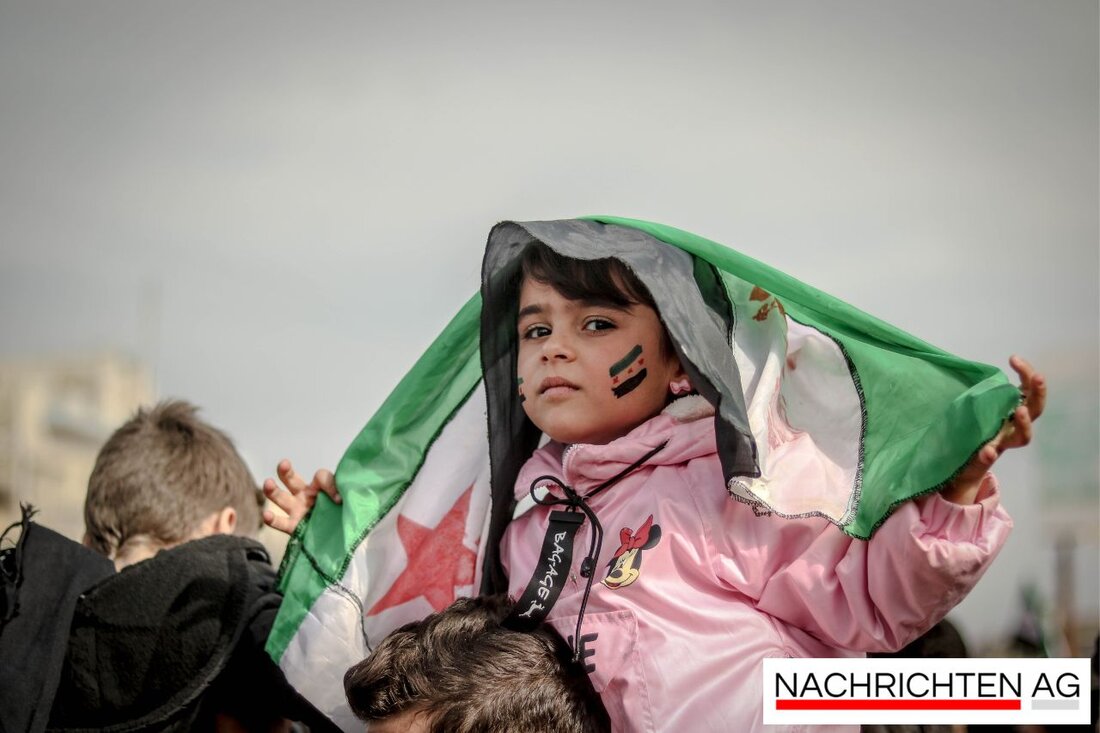Refugees in Vienna's nursing homes: Seniors wait in vain for places!
In Margareten, refugees have been accommodated in nursing homes since 2015, which has led to conflicts with senior citizens. Current developments and challenges.

Refugees in Vienna's nursing homes: Seniors wait in vain for places!
The situation in Vienna has worsened in recent years: more and more refugees and displaced people are finding their way into the city's nursing homes. According to a report by express This development has been observed since 2015. While places for seniors often take years to arrive, asylum seekers can move in within a very short time. This causes resentment among older citizens, who often feel neglected.
The situation has worsened, especially since the outbreak of the war in Ukraine in February 2022: around 100 Ukrainian families have been accommodated in nursing homes in Vienna. Refugees are currently receiving support in seven houses, including asylum seekers from countries such as Syria, Iraq and Afghanistan. A report by the city auditors points out that those entitled to asylum often have to stay in the homes longer than the intended four months. There is an exception for Ukrainians: they stay there until they can return to their homeland.
The challenges of accommodation
Accommodating refugees in nursing homes is not only an emotional but also a financial challenge for the facilities. In 2023, Haus Döbling reported a deficit of almost 92,000 euros because the costs for the “incorrectly occupied” places were not covered. The providers emphasize that the accommodation of asylum seekers puts a strain on the resources of the retirement homes and reduces the number of places available for seniors.
Loud dstgb Conflicts over housing and social services have become significantly more intense. Many municipalities are forced to find new solutions for accommodating refugees. Difficulties often arise from insufficient communication between the various parties involved: refugees, residents, accommodation operators and local politicians. The research report on this topic therefore calls for comprehensive citizen participation and the development of strategies to prevent violence and resolve conflicts.
The responsibility towards the weakest
The treatment of refugees in nursing homes also raises questions about responsibility. While the houses have taken on a kind of protective function for the vulnerable people since 2015, the question remains as to how long this can work at the expense of their own senior citizens. The city's “Houses for Living” initiative has taken on a responsible role here, but is reaching its limits.
Significant challenges lie ahead of us. The distribution and accommodation of refugees in Vienna could become even more complicated as the number of asylum seekers increases. It remains to be hoped that the city and the affected institutions will work together to find solutions that meet the needs of both the older population and the vulnerable refugees.
In addition, reports from the Federal Ministry for Family, Senior Citizens, Women and Youth, which has published minimum standards for the protection of refugees in accommodation, have provided additional recommendations for action. These are necessary to promote the integration and coexistence of all those involved and to avoid conflicts. Those interested can find further information on the ministry’s website bmfsfj.

 Suche
Suche
 Mein Konto
Mein Konto